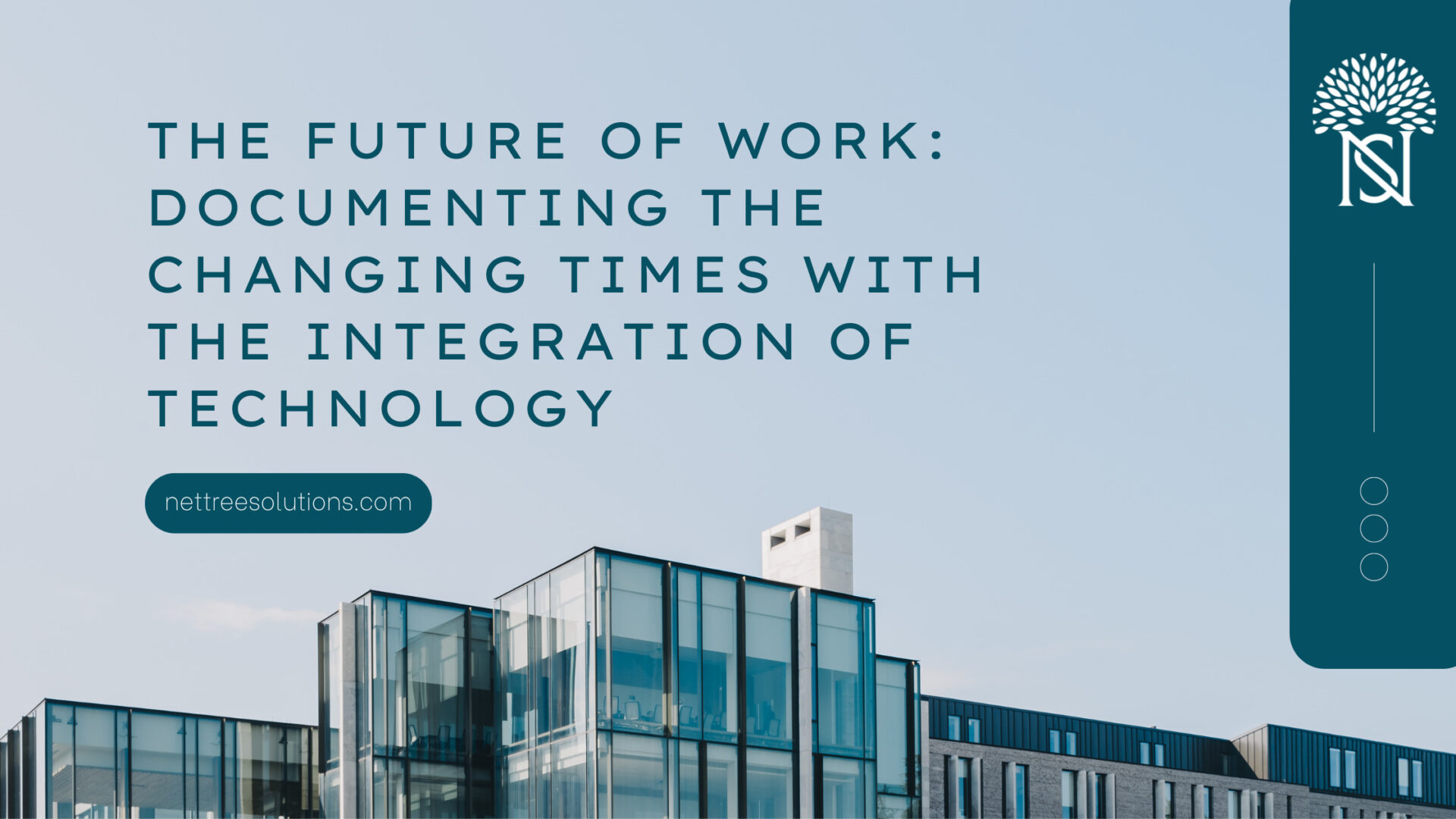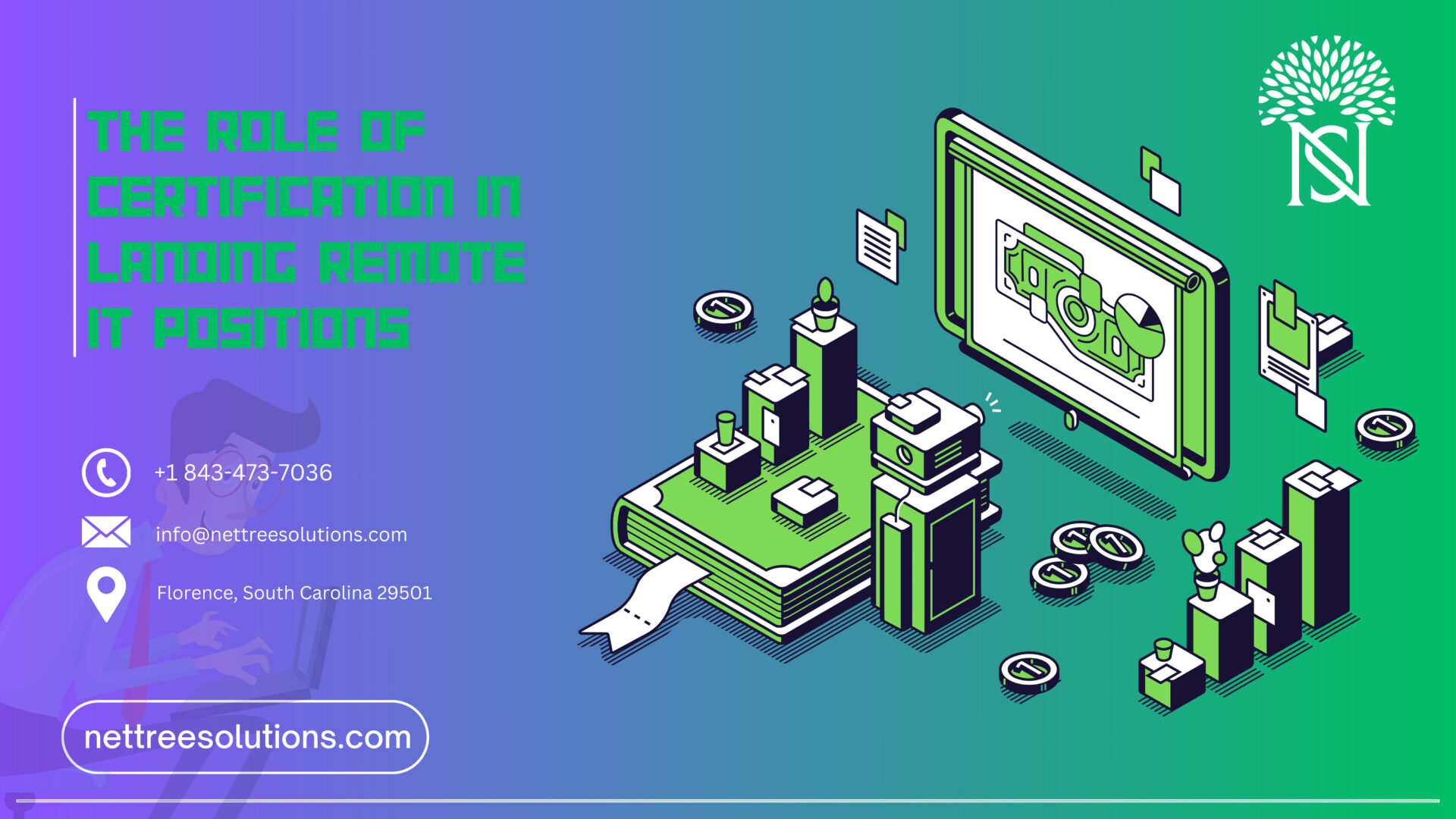Are you a passionate tech enthusiast seeking to leave your mark in the ever-evolving realm of Information Technology? The IT landscape is in a constant state of flux, and to thrive in this digital gold rush of 2023, you need to arm yourself with the right skills. In this article, we will explore the top skills for IT jobs, breaking down complex concepts into simple, jargon-free terms to keep you engaged on your journey to success for the best it recruitment drives.
Now, let’s dive into each of these critical skills, all of which are essential for navigating the 2023 IT landscape.
1. Programming Proficiency: The Foundation of IT
Proficiency in programming languages such as Python, Java, C++, and JavaScript is not just an advantage; it is an absolute necessity for the top notch it recruitment drives. These languages serve as the fundamental building blocks of software development and mastering them can significantly expand your horizons within the IT field.
- Empowering Capabilities
Programming skills are the key that unlocks a wealth of capabilities within the IT domain. With the ability to code, you can craft solutions to complex problems, create innovative software applications, and automate mundane tasks. Whether you’re designing a mobile app, optimizing a database, or building a website, programming proficiency is your ticket to making these aspirations a reality.
- A Multifaceted Skill Set
Proficiency in programming languages extends well beyond merely writing code. It equips you with the analytical and logical thinking required to dissect problems and develop elegant solutions. You’ll gain the ability to break down intricate issues into manageable components, which is an invaluable skill in the IT world, where problem-solving is a daily task.
- Versatility for IT Recruitment
Mastering programming languages opens the door to a broad spectrum of IT recruitment. You could become a software developer, working on applications that have the potential to impact people’s lives positively. Alternatively, you might choose a career in data science, where you analyze vast datasets to extract valuable insights. The realm of cybersecurity beckons with its constant need for experts who can protect systems from malicious threats. In essence, you can carve a niche in any IT specialization with strong programming skills.
- Collaboration and Teamwork
For IT recruitment, collaboration is often the norm, and programming proficiency makes you an invaluable asset to any team. You can seamlessly collaborate with other developers, system administrators, network engineers, and other IT professionals. Your ability to code not only allows you to contribute to projects but also makes it easier for you to understand and troubleshoot issues within the larger IT infrastructure.
- Automation and Efficiency
Automation is the buzzword in the modern IT world. Programming enables you to create scripts and programs that can automate repetitive tasks, saving time and reducing human errors. From system maintenance to data processing, your programming skills can help streamline workflows, enhance efficiency, and optimize processes.
2. Cybersecurity Expertise in demand for IT Recruitment: Safeguarding the Digital Frontier
As the digital sphere expands, the demand for cybersecurity experts has reached unprecedented levels. Incidents like hacking, data breaches, and cyber threats are on the rise. Cybersecurity skills are not only in high demand but also crucial for preserving sensitive information. By acquiring knowledge in encryption, network security, and ethical hacking, you can become a guardian of the digital world.
- The Digital Battlefield
The digital realm has evolved into a complex and dynamic battlefield where cybercriminals and threat actors continuously develop new tactics to exploit vulnerabilities. As the volume and value of data stored and transmitted electronically continue to grow, the need for robust cybersecurity measures becomes more urgent than ever. Cybersecurity experts are the frontline defenders in this battle, working tirelessly to protect digital assets from unauthorized access, data breaches, and cyberattacks.
- Guarding Sensitive Information
One of the primary responsibilities of cybersecurity experts is to safeguard sensitive information. This can include personal data, financial records, proprietary business information, and even national security secrets. In a world where data is often called the new gold, cybersecurity experts are entrusted with the vital task of ensuring the confidentiality, integrity, and availability of this precious resource.
- A Multifaceted Skill Set
Cybersecurity expertise is not limited to deploying firewalls and antivirus software. It encompasses a multifaceted skill set that includes knowledge of encryption techniques, secure coding practices, network security, risk assessment, compliance with legal and regulatory standards, incident response, and ethical hacking. This diverse skill set is essential to anticipate and counteract a wide range of cyber threats effectively.
- Ethical Hacking and Penetration Testing
One of the intriguing aspects of a cybersecurity career is ethical hacking and penetration testing. Ethical hackers, also known as white-hat hackers, are responsible for proactively testing systems, networks, and applications for vulnerabilities. By mimicking the tactics of malicious hackers, they identify weaknesses and recommend necessary security improvements. This proactive approach is critical in staying ahead of cyber threats and fortifying digital defenses.
- Career Opportunities
The field of cybersecurity offers a plethora of career opportunities. You can work in a variety of roles, including but not limited to, cybersecurity analyst, security consultant, information security manager, penetration tester, or even chief information security officer (CISO). The demand for cybersecurity professionals spans across industries, from finance and healthcare to government and e-commerce.
- Constant Learning
Cybersecurity is an ever-evolving field. Threats and attack techniques continually evolve, which means that cybersecurity experts must remain vigilant and continuously update their skills and knowledge. Staying up to date with the latest threats and security best practices is not just a job requirement; it’s a professional commitment.
3. Data Analysis and Visualization for IT Recruitment: Harnessing the Power of Data
Data is the new gold rush, and those who can mine valuable insights from it hold the key to success. Proficiency in data analysis and visualization tools like Tableau and Power BI is highly sought after. By deciphering data trends and presenting them effectively, you can assist organizations in making data-driven decisions.
- The Data Revolution
We live in an era where data is generated at an unprecedented rate. From social media interactions to e-commerce transactions, and from IoT devices to scientific research, an enormous amount of data is being produced daily. This data deluge presents both a challenge and an opportunity. Businesses and organizations that harness the power of data can gain a competitive edge, streamline operations, and discover new avenues for growth.
- Proficiency in Data Analysis
Data analysis involves extracting meaningful insights from raw data. This process includes data cleaning, data transformation, statistical analysis, and the application of machine learning algorithms. Proficiency in data analysis tools like Python, R, and SQL is crucial for this task. By mastering these tools, you can uncover trends, patterns, correlations, and anomalies within data, ultimately helping organizations make more informed decisions.
- Data Visualization as a Communication Tool
Data analysis alone is not sufficient. To make data-driven insights accessible and actionable, effective data visualization is paramount. Tools like Tableau and Power BI enable data professionals to create interactive, informative, and visually appealing dashboards and reports. These visualizations make complex data easy to understand for stakeholders, facilitating better decision-making.
- Informed Decision-Making
The power of data analysis and visualization lies in its ability to facilitate informed decision-making. By presenting data in a clear and compelling manner, you enable executives, managers, and other stakeholders to grasp critical insights quickly. This, in turn, allows organizations to make strategic decisions based on evidence rather than intuition.
- Diverse Applications
Proficiency in data analysis and visualization is applicable across various domains. In business, it can be used for market research, customer segmentation, sales forecasting, and performance analysis. In healthcare, it can aid in patient outcomes analysis and medical research. Government agencies can use data analysis to enhance public policies, while academic institutions can benefit from data-driven research and educational planning. Thus, these skills are generally required to stand out for it recruitment.
4. Cloud Computing Skills: Shaping the Future of Infrastructure as demanded by the Changing Times for the best IT Recruitment
The cloud has revolutionized business operations. For IT professionals, understanding cloud computing platforms like AWS, Azure, and Google Cloud is paramount. These skills enable you to construct, deploy, and manage applications and services in a scalable and cost-effective manner.
- The Cloud Revolution
Cloud computing has fundamentally altered the way organizations access, store, and process data. It offers businesses the flexibility to scale their infrastructure as needed, eliminates the need for heavy upfront investments in hardware, and provides a level of redundancy and disaster recovery that was once cost-prohibitive for many. The cloud’s scalability and pay-as-you-go model have made it an indispensable asset for businesses of all sizes.
- Key Cloud Platforms
Understanding the major cloud platforms – AWS, Azure, and Google Cloud – is crucial for IT professionals. These platforms provide a vast array of services, from cloud storage and virtual machines to machine learning and artificial intelligence tools. Familiarity with these platforms allows professionals to leverage their offerings for diverse use cases.
- Scalability and Cost-Efficiency
One of the primary benefits of cloud computing is its scalability. Businesses can easily scale up or down based on their current needs, eliminating the need to overprovision resources. This dynamic scalability is a significant cost-saver , as organizations only pay for what they use, resulting in a more efficient and cost-effective infrastructure.
- Security and Compliance
Cloud security is a critical concern for organizations moving their operations to the cloud. IT professionals with cloud expertise are equipped to handle security challenges, implement robust security measures, and ensure compliance with industry-specific regulations. A strong understanding of cloud security is essential in safeguarding an organization’s data and infrastructure.
- Career Opportunities
Proficiency in cloud computing opens the door to a multitude of career opportunities. You can pursue roles as a cloud architect, cloud engineer, cloud administrator, or a cloud solutions architect. The demand for cloud professionals for it recruitment spans across various industries, from e-commerce and finance to healthcare and government.
- Innovation and Agility
The cloud facilitates innovation by providing access to cutting-edge technologies and services. IT professionals can harness cloud resources to develop and deploy innovative applications, experiment with emerging technologies, and quickly respond to changing business demands. This agility is a competitive advantage in today’s fast-paced business environment.
5. AI and Machine Learning Know-How: Pioneering Machine Intelligence for the next generational it recruitment drives
Artificial Intelligence (AI) and Machine Learning (ML) are transforming our lives and work. They are prevalent in virtual assistants and autonomous vehicles, among other applications. Mastering the fundamentals of AI and ML opens doors to exciting and innovative IT roles.
- The AI and ML Revolution
AI and ML are no longer science fiction concepts; they are the engines behind a plethora of modern technologies. From virtual assistants like Siri and Alexa to self-driving cars, from personalized recommendations on streaming platforms to predictive maintenance in manufacturing, AI and ML are transforming the way we live and work. These technologies are capable of analyzing vast datasets, recognizing patterns, making predictions, and automating tasks, making them a vital part of today’s technological landscape and are definitely in huge demand for it recruitment these days.
- Fundamental Concepts
To embark on a journey in AI and ML , you must grasp the fundamental concepts. This includes understanding algorithms, neural networks, deep learning, supervised and unsupervised learning, natural language processing, and more. These building blocks provide the foundation for developing AI and ML solutions.
- Real-World Applications
AI and ML have far-reaching applications across numerous industries. In healthcare, they assist in diagnosing diseases and predicting patient outcomes. In finance, they’re used for fraud detection and algorithmic trading. In e-commerce, they enhance recommendation systems. The potential applications are endless, and expertise in AI and ML opens doors to a multitude of career opportunities.
- Ethical Considerations
AI and ML also raise important ethical questions. Understanding the ethical implications of AI and ML is vital, as it ensures the responsible development and deployment of these technologies. Professionals well-versed in ethics and AI are essential for guiding organizations in making ethical decisions and avoiding unintended biases in algorithms.
- Exciting Career Paths
Mastering AI and ML presents exciting career paths. You can become a machine learning engineer, data scientist, AI researcher, or AI ethics consultant, among others. The demand for AI and ML professionals is on the rise across sectors, from tech giants to startups, healthcare institutions to financial firms.
- Innovation and Problem Solving
AI and ML enable innovation by providing the tools to solve complex problems and automate repetitive tasks. Professionals in this field use these technologies to create solutions that were previously considered unattainable. Their work often leads to breakthroughs in fields such as healthcare, autonomous systems, and data analysis.
Conclusion
In the 2023 IT gold rush, staying ahead of the curve requires equipping yourself with the best skills for IT recruitment. Whether it’s programming, cybersecurity, data analysis, or soft skills, the IT industry presents a wealth of opportunities for those who are prepared. Always remember that technology is in perpetual motion, and the most prosperous IT professionals are those who embrace lifelong learning.








